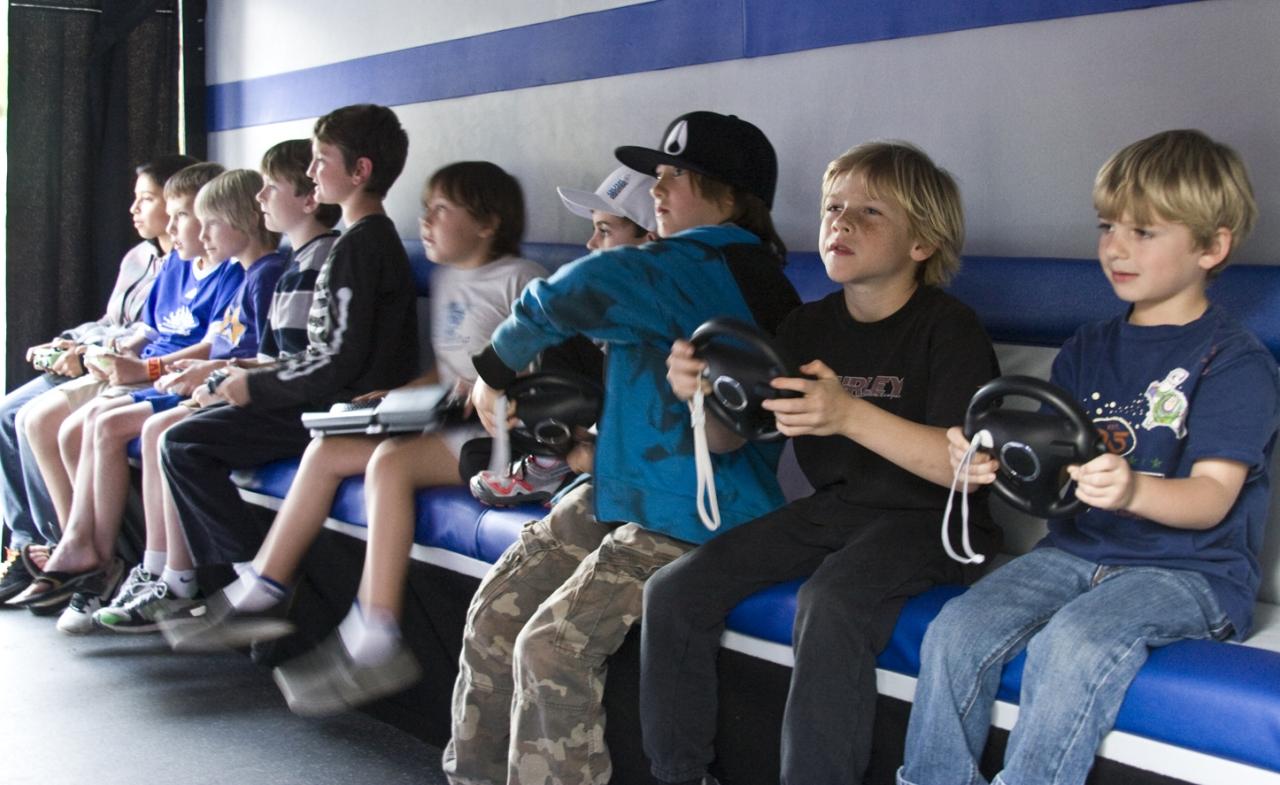 Video games can have positive cognitive effects. However, how much is too much video game time? In this crazy society of devices and Internet access, parents struggle with sometimes a daily parental contradiction of entertainment vs study vs play.
Video games can have positive cognitive effects. However, how much is too much video game time? In this crazy society of devices and Internet access, parents struggle with sometimes a daily parental contradiction of entertainment vs study vs play.
How long should I let my seven-year-old play on the iPad?
My teenager is maturing and becoming more responsible, but I still sort of want to smash her video gaming console. Is that normal?
What should our video-game-to-reading ratio be?
The answers to these questions can be arbitrary, but we do know that certain activities are better for academic performance.
 Reading Wins
Reading Wins
In a study of 27,000 French teenagers in the 9th grade, cognitive tests showed that while video games had no correlations with improved academic performance, reading did. The study showed that “reading activities have potentially important associations with cognition and especially school tests.” Please note that different kinds of students may choose reading over video games. Students with high-level reasoning tend to choose action video games. Those with high reasoning and preference for logical problems choose strategy games. People with good verbal ability tend to be readers and show good literature comprehension.
Benefits of Video Games
Video games can have a positive effect on certain skills or performances. We know that video games can be stress-reducing and relaxing for some children and teenagers. Video games can improve memory, attention, and reasoning skills, as well as improve fluid intelligence. Similar correlations can be made between other digital leisure activities like phones and the Internet. As always, screen time should be time-limited, as they can interfere with sleep. Too much of a good thing can be a bad thing, in this case.
Balancing Video Games with Other Activities
Setting time limits, monitoring activities, and encouraging creativity are good ways to decrease negative effects of gaming. Try allowing an hour or two of video-game or phone activity, and then move on to something different. Encourage the parts of them that are active in the world, in the community, or in professional fields. Maybe your kid is a brilliant dancer or writer. Maybe they are an athlete. They might love to be a part of community groups or might enjoy the solitude of painting at home. Hey, maybe it’s time your sixteen-year-old gets a little part-time job at the coffee shop. Emphasize the wonderful parts of them that will serve them well in their adult lives.
Don’t forget that your pre-teenage children are still forming good and bad habits. This is a critical time in your child’s development. Help them to enjoy the relaxing times, but balance is necessary for success.
Ideas for Family Activities:
- Go to the park. For younger kids, this is a great venue to get out energy, use their mind for creative play, or socialize with other kids.
- Indulge their favorite spots outside the home. Try a new museum or aquarium to find something your kid enjoys.
- Play board games at home to teach your children strategy and good communication.
- Hit the gym as a family. Suffer together over the elliptical or relax during a yoga session.
- Go for walks or hikes. Bring the dog and match the hike/walk to your child’s skill level.
- Avoid television during meals to spur conversation and enjoy being together in the one un-chaotic moment of the day.
- Start a family book club. Read and discuss age-appropriate books. You may learn something interesting from one another.
For improvement at school, be sure to encourage reading as a source of entertainment. Children that read show improved vocabularies and literary understanding. For questions or concerns, please respond to this blog or contact us!




